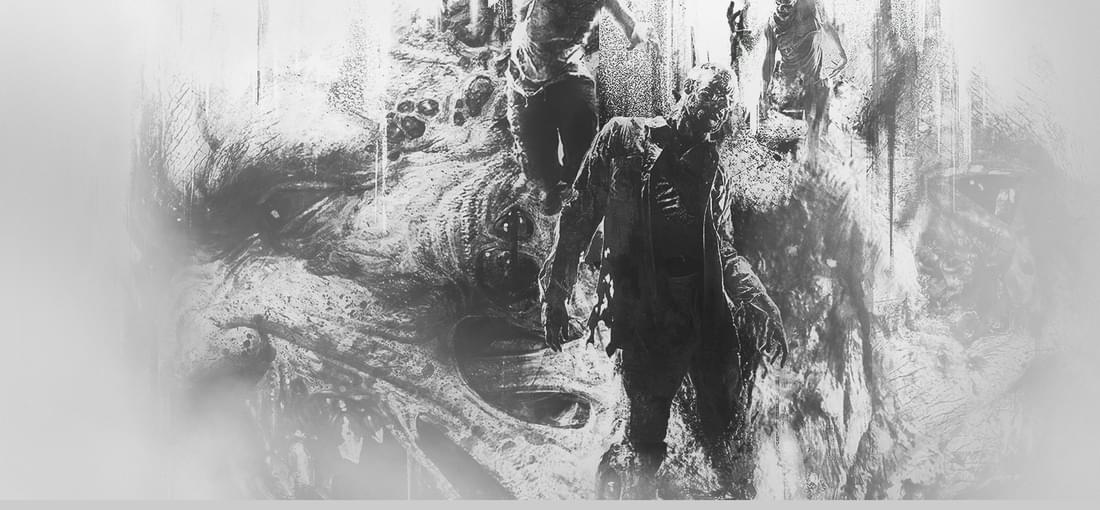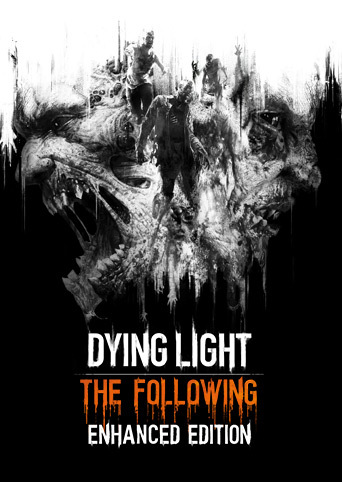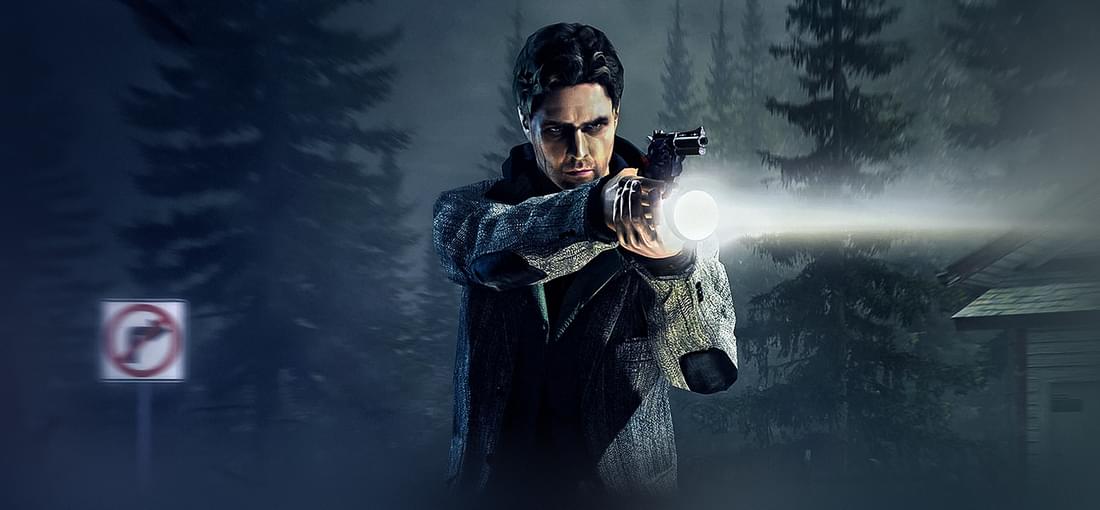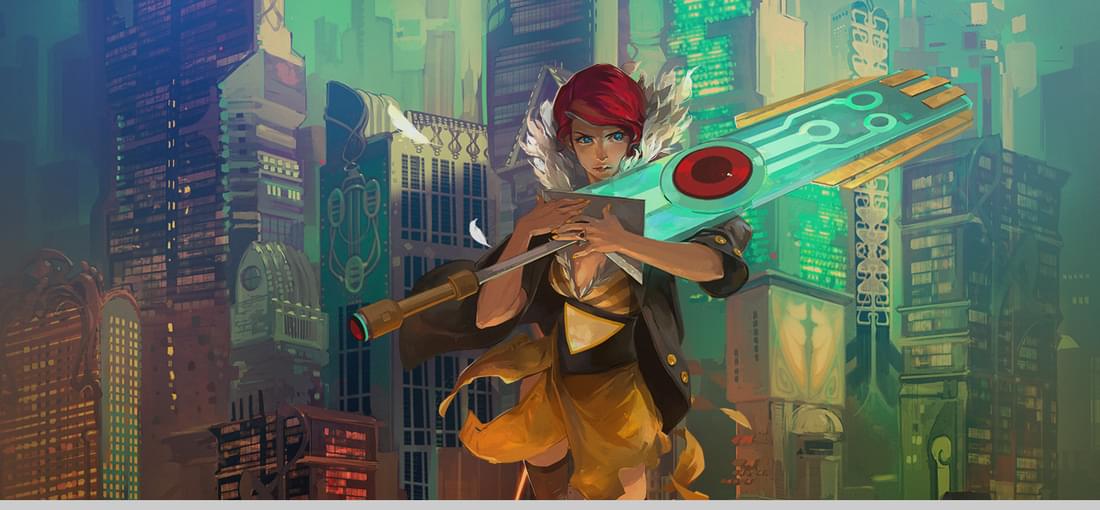



It's very rare that you'll find a game which improves so dramatically over its predecessors that it feels like it's in a class all its own. Dying Light takes the basic premise of its spiritual former ilk, Dead Island, and adds meaningful gameplay components, great world-building, and unexpectedly deep storytelling to craft a nigh flawless game. Dying Light puts you in the shoes of Kyle Crane, an operative working with the Global Relief Effort (GRE) to make his way into the quarantined city of Harran in search of a man named Suleiman. After stealing some documents from the GRE, Suleiman threatens to release the information to the public if his demands aren't met. The story itself takes a twist and turn here and there, but overall, it's plentiful enough to give you forward momentum of completing the story within the game. Within the city of Harran, you'll unravel the story at hand, all the while taking on hordes of infected people. When nighttime falls, though, you will have to take on the Nightmares, super-powerful infected monstrosities that excel in chasing you down and murdering you as quick as possible. Throughout your adventure, you'll mostly engage enemies in hand-to-hand combat, completely with a deep crafting system that allows for heavy customization of your weaponry. These upgrades range from overall strength increases, more weapon durability before it breaks, and even adding elemental properties for additional damage capability. Traversing the city of Harran is a thrill, far more than compared to Dead Island. Taking a page from Mirror's Edge and Assassin's Creed, there is a full parkour system that lets Crane move seamlessly over and under buildings. Travelling the rooftops doesn't mean that it is always safe, but it could be the difference between life and death. While you are making your way through the city, one of the more interesting parts of the game unfolds: multiple NPC characters throughout the game that will either offer you quests and missions, or they are literally just there to fill out the background story. Harran was host to the Olympics, and the viral outbreak kicked off during the games. You'll meet up with people who are nothing more than a way to build a deeper mythos to the world, and some of their stories are devastating and heartbreaking. When you finish the primary game, you can dig into The Following, the expansion that gives you the ability to drive around in a dune buggy. While the DLC is fun, it doesn't quite live up to what the base game has to offer. Travelling around in a vehicle doesn't have quite the same umph as it does with parkour. Other than a few technical and performance issues that you might experience, the game is solid up and down. Techland has produced not only a fantastic spiritual successor to Dead Island, but a new bar is set for open world sandbox RPGs in its vein. Fallout, it's your move now.

Atmosphere: it's one thing that so few games can capture well. The dense fog of nighttime, the quaint nature of a town, the looming darkness that surrounds the supernatural, even the texture of your coat... These are all things that Remedy proves they are masters of with Alan Wake. In this third-person shooter, you play as the titular Alan Wake, a popular horror fiction author (akin to a younger, hip Stephen King) who is traveling with his wife to the Pacific Northwest. The goal? Wake needs to finish his new book, and he has writer's block. Hoping that the small town of Bright Falls and a trip to a secluded cabin will help relieve this stress, Alan finds himself spiraling down a wormhole of insanity, madness, and supernatural hoodoo that threatens to take away everything that matters to him, including his wife, Alice. The gameplay...or should I say gunplay...in Alan Wake is fairly simple, but with a unique twist. Rather than shooting willy-nilly at everything in your path, you'll need to rely on your trusty flashlight to eat away at the darkness on your enemies before pumping them full of lead. This helps add an extra layer of strategy to the combat while not overcomplicating it. Don't get it twisted: this is still very much a third-person shooter. While the controls aren't nearly as tight as something like Max Payne (Remedy's previous game franchise before this one), they have a contextual feel that fits with the weight of the game. Again, it all comes down to atmosphere. That is what makes the game click, in all honesty. Without the attention to detail that Remedy created in the dialogue, the mannerisms of characters, the nuances of facial gestures, and especially the environments, this game would've been nothing special. The game plays out like episodes of a serialized TV show, and there are plenty of quirky characters that create memorable and lasting impressions on you. Alan Wake wasn't a runaway hit, but it's a cult classic for a reason: it's a solid game.

Transistor does more of what you want from a product offered by Supergiant Games: deep world-building within a short period of time, unique and visceral combat, minimalist storytelling that gives you everything you want to know, and music that immerses you deeper into that world they've built. The game does have its few issues, but those are not nearly enough to stop you from being able to enjoy this package. In Transistor, you play as Red, a 1930s-styled lounge singer who has lost her voice. As you wake up in the streets of Cloudbank with a mysterious sword that can talk to you, you set out to understand what has happened after the terrorist faction Camerata lays waste to the city. Along the way, you will acquire different "functions" as combat abilities to defeat all foes that stand in your way. Combining these functions in multiple different ways offers new and unique properties, essentially customizing how you want to do battle. You can also stop time and queue up moves, adding a bit of strategic depth to the combat. Thanks to the art design of Jen Zee, Camilo Vanegas, and Josh Barnett, Transistor continues the basic look we saw in Bastion (light, colorful, fantastical) while pushing it into a more technological direction. The pulsing of circuitry and the creeping, looming virus that is infecting it all has both an elegance and griminess that leaves a lasting impression visually. The soundtrack is killer, but at this point, it is to be expected from a Supergiant Games product. Darren Korb hits another homerun with each and every song, setting a fantastic tone of electronic mayhem and 1930s-esque smoothness throughout the entire game. The only issue with the game? A slow burn story for the first two hours of a five hour game gives it less immediacy than what you found in Bastion. Nonetheless, great game overall.